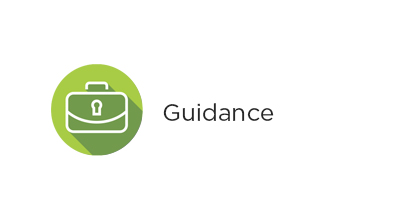
The provision of both bookkeeping and assurance services to the same client is a common independence issue. The independence rules prohibit the provision of bookkeeping services to assurance clients who are reporting issuers. While not strictly prohibited for private enterprise assurance clients, the provision of bookkeeping services creates potential independence threats.
A self-review threat exists as the practitioner might be preparing the journal entries and then subsequently reviewing his or her own work. In addition, a self-interest threat might exist if the provision of the bookkeeping services influences a practitioner’s ability to keep the assurance engagement. Also, acting as a bookkeeper might cause the practitioner to become more sympathetic to the client’s interests, thus raising a potential familiarity threat.
If you are considering providing bookkeeping services to a private enterprise assurance client, you must determine how significant the independence threats are. For instance, if the client has a regular bookkeeper and it is necessary for you to make some simple adjusting journal entries at year-end and help out with the preparation of the financial statements, then the threat might not be significant and simple safeguards such as reviewing and obtaining approval of the journal entries may be sufficient.
Management’s Responsibility
In general, you should try to have your client take as much responsibility for the business transactions as possible. In particular, the client should prepare source documents such as purchase orders, time cards, and invoices. The client should also approve expenditures and authorize cash disbursements. In such cases, you should explain the purpose of each journal entry made to the client and document this discussion. It is also recommended that you obtain the approval of the journal entries through the management representation letter.
If you are making a number of journal entries and/or the adjustments are complex in nature, the threat would be considered significant and safeguards will be required. For larger firms, it might be easy to mitigate these threats to independence when the firm has separate bookkeeping and assurance staff. However, for smaller firms this might be difficult and consultation with another professional accountant to confirm the accounting treatment on complex adjustments might be a possible safeguard. Appointing another professional accountant to complete an engagement quality control review (EQCR) would also be an excellent safeguard. Whatever safeguards you choose to implement, you must document your considerations and the safeguards undertaken to reduce the threats to independence to an acceptable level.
If you are not able to reduce the threats to independence to an acceptable level, you must refuse to accept or continue the engagement.
Rate this Entry
Current rating: 1 yes votes, 15 no votes

